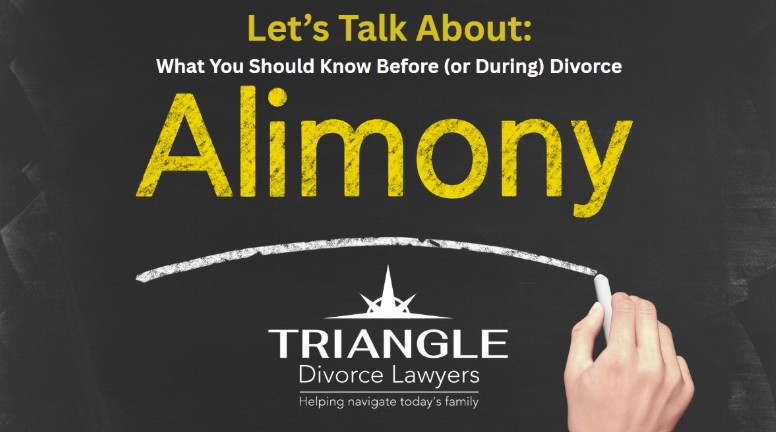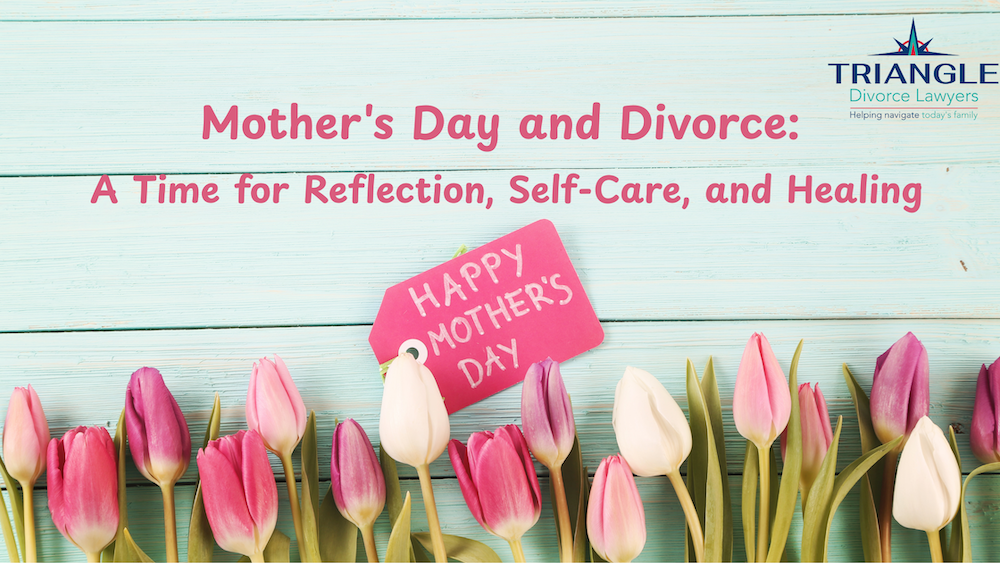Divorce is not usually an easy choice for either partner, but both often worry most about their children. At least one study shows more than 80% of children would rather see their fighting parents divorce, and those who experience it realize later it was for the best.
Still, the long-term conflict of divorce can cause stress in children, along with anger, anxiety, confusion, guilt, and fear. Even if your children come to realize it was the best decision, how do you help and protect them through the transition? Our divorce workshop therapists recommend the following:
- Don’t put your kids in the middle. During and after divorce, it’s easy to want to avoid speaking to your ex. Many people pass messages through children: “Tell your mom xyz,” or “Please tell your dad abc.” But this type of back-and-forth can be hard on children, especially if those messages become more hateful. “Tell your lazy, no-good father he’s late on child support,” is not a message your children need to hear. Speak to your co-parent directly about custody, visitation schedules, who is picking up the kids when and where, and more. If your divorce is so difficult you cannot speak to each other, hire a mediator or another third party who can handle the stress coming from both sides, so your children don’t have to.
- Make sure your children play. A University of Wisconsin study found children experiencing divorce from kindergarten through fifth grade suffered from decreased interpersonal skills, greatly impacting their ability to keep and make friends. Make sure your children remain involved in school or church groups, clubs, and more.
- Help them set realistic goals. During this time, kids may try to overachieve and then feel deflated when they don’t reach unrealistic goals. Help them set expectations and be sure to praise them for good behavior and accomplishments.
- Don’t over do it. Divorced parents feel guilty, and sometimes this leads to overindulgent parental behavior. Remember, you’re still guiding your child to be a good adult. Giving him or her everything and over-praising every action is not going to “make up” for you and your partner no longer being married.
Ask one of our Raleigh family lawyers or a therapist your questions directly in our monthly Raleigh divorce workshop, or reach out today to schedule a consultation.





